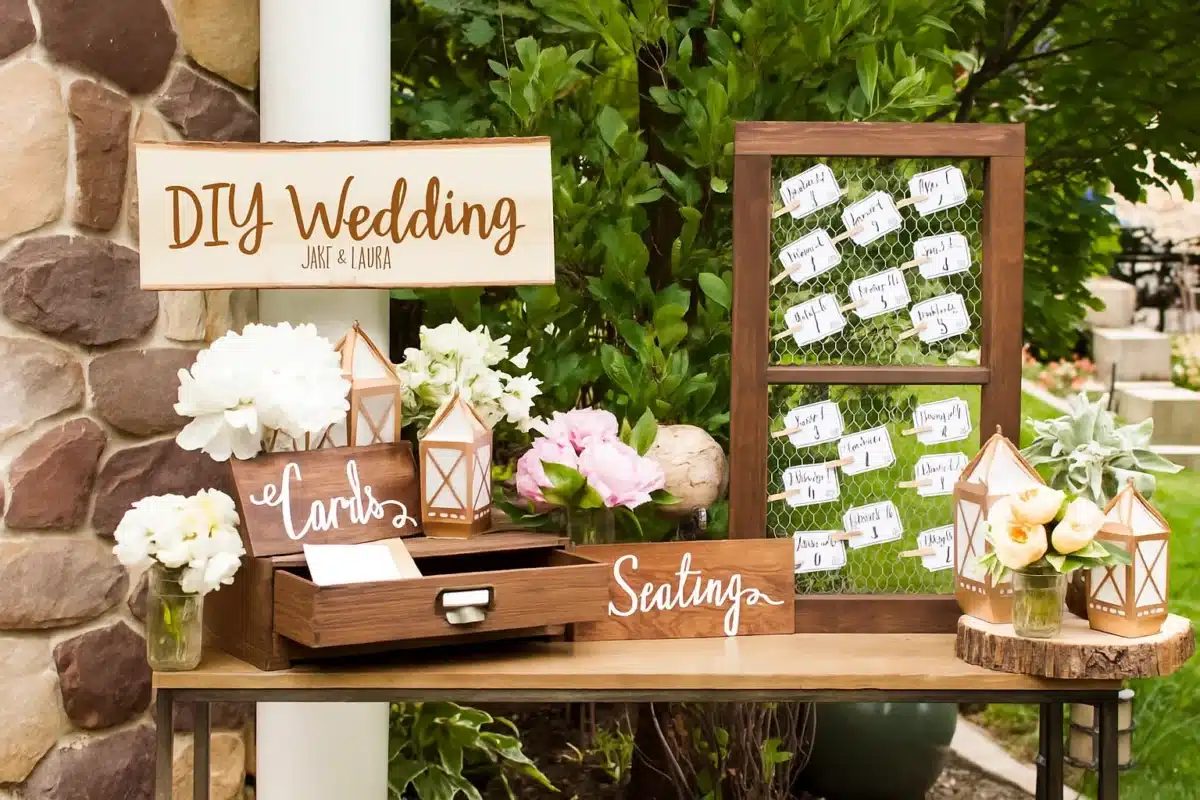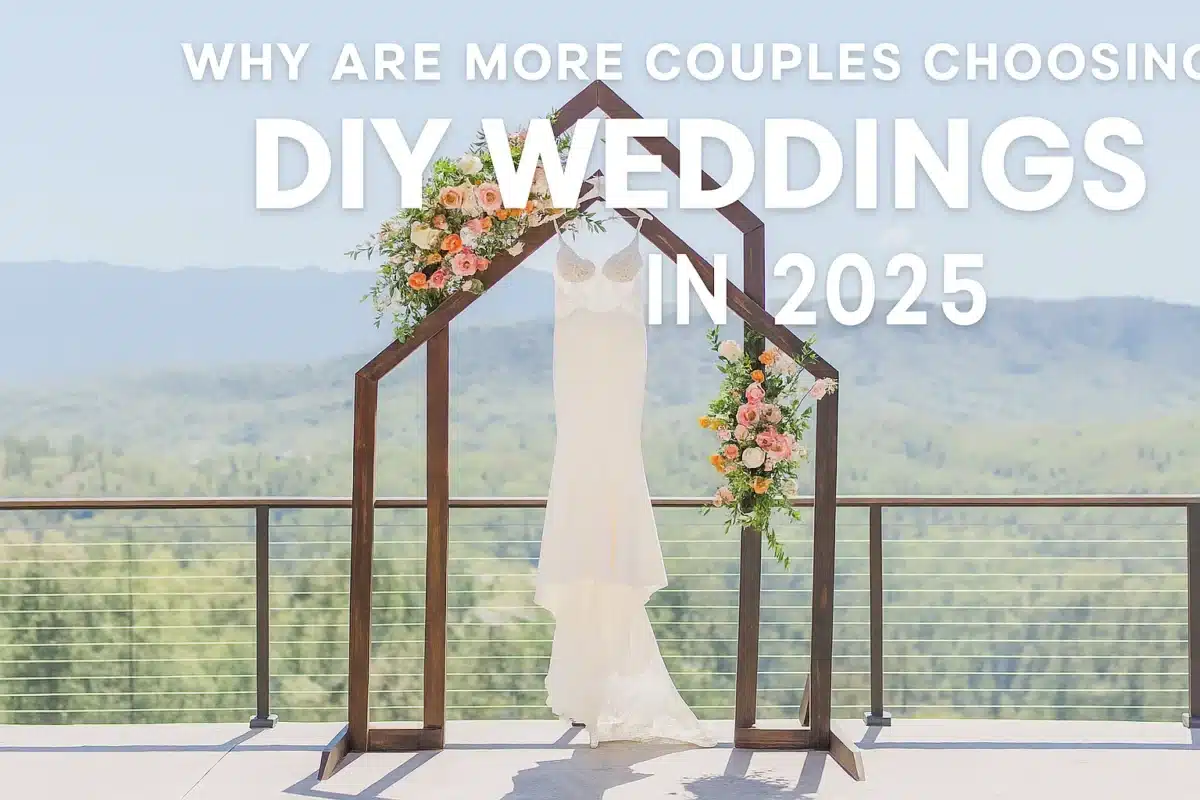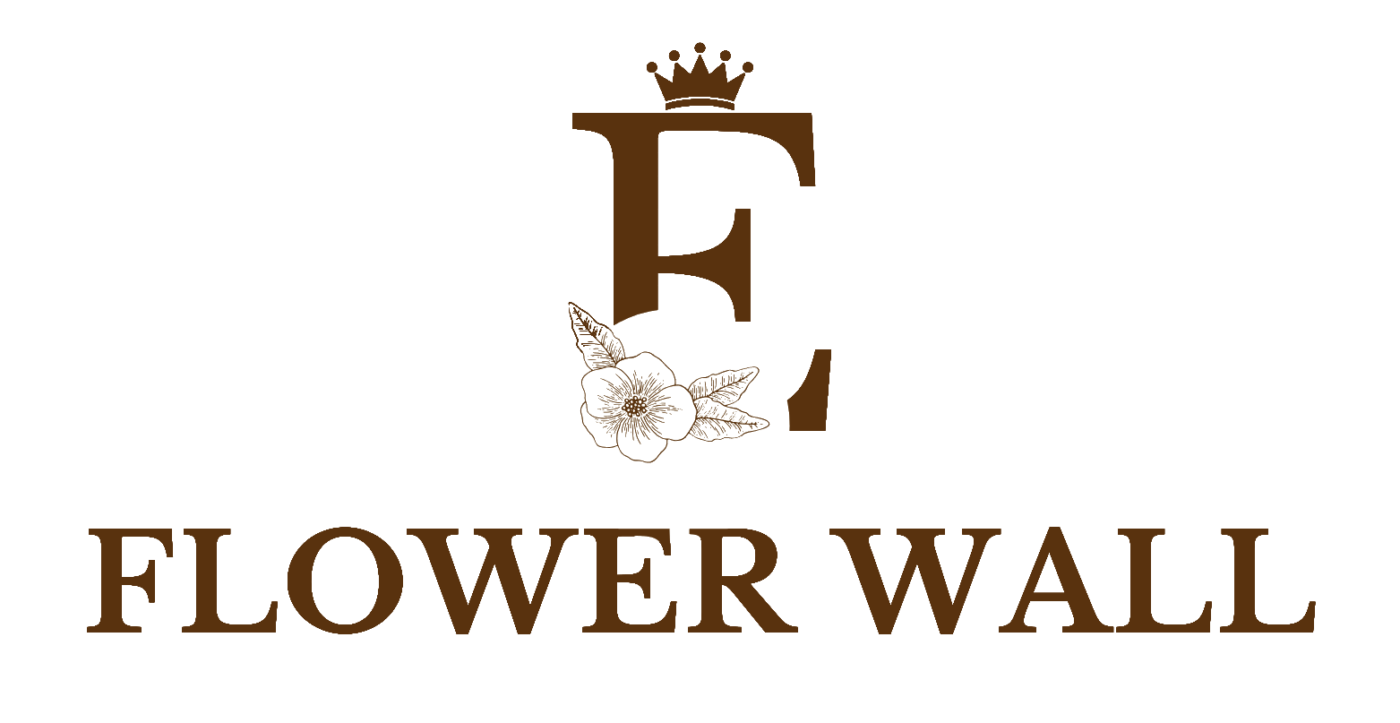Blog
Why DIY Weddings Matter for Event Product Distributors
DIY Weddings
The wedding industry is constantly evolving, and one of the fastest-growing trends in 2025 is the rise of DIY (Do-It-Yourself) weddings. Couples are more hands-on than ever—taking charge of the design, decor, and sometimes even coordination of their big day.
But what does this mean for wedding supply distributors, wholesalers, and purchasing managers?
In this in-depth article, we break down exactly what a DIY wedding is, why couples are choosing this route, and how this shift creates unique opportunities for product manufacturers and distributors to align inventory, packaging, and marketing with the DIY trend.
What Is a DIY Wedding?
A DIY wedding is a wedding in which the couple takes a hands-on approach to planning, designing, and even executing parts—or all—of the celebration. Instead of hiring full-service vendors for every element, they create decor, assemble packages, and manage logistics themselves (sometimes with help from friends and family).
It doesn’t necessarily mean the couple does everything, but it often includes:
- Crafting centerpieces or backdrops
- Assembling invitations
- Designing signage and favors
- Organizing setup and teardown
- Renting and arranging furniture and props

Why Are More Couples Choosing DIY Weddings in 2025?
1. Cost Control
DIY weddings allow couples to avoid high service fees and stay within a tighter budget by eliminating or reducing vendor involvement.
2. Personalization
DIY gives couples the freedom to infuse personal style, culture, and meaning into their decor, layout, and flow.
3. Creative Expression
Many couples see their wedding as a creative project, not just an event. DIY lets them handcraft experiences, making the day more intimate and reflective of their relationship.
4. Availability of Resources
Thanks to online platforms and tutorials, more couples feel confident tackling wedding tasks themselves, from building arches to arranging florals.

How DIY Weddings Are Reshaping Demand for Wedding Supplies
As couples become more involved in the execution of their weddings, they seek products designed for easy setup, flexibility, and customization. This directly affects how distributors and suppliers develop and market their product lines.
Key Product Trends Driven by the DIY Wedding Boom
1. Modular and Easy-to-Assemble Decor
Why It’s Popular
Couples want products they can set up without professional help.
Examples
- Foldable or magnetic flower walls
- Lightweight arches
- Snap-together stands
- Freestanding neon signs
Supplier Tip
Include clear setup guides or QR codes with video tutorials. Offer bundled kits that require minimal tools.

2. Customizable Products
Why It’s Popular
Personalization is at the heart of DIY. Couples want to add their names, colors, or themes to the products.
Examples
- Blank signage for calligraphy
- Interchangeable backdrop panels
- Vinyl sticker-ready surfaces
- Custom floral color mix sets
Supplier Tip
Market “DIY-Friendly” products with blank or customizable surfaces, modular colors, and theme compatibility.
3. Smaller Quantity Options
Why It’s Popular
DIY weddings often have smaller guest lists, meaning bulk buying may not be necessary.
Examples
- 10–20 table runner packs
- 30-piece napkin bundles
- Half-arch flower sets
Supplier Tip
Offer tiered quantity pricing to attract both small-scale DIYers and bulk buyers.
4. DIY Kits & Packages
Why It’s Popular
Time-strapped couples love convenient, ready-to-go packages that still allow them to assemble things themselves.
Examples
- Backdrop assembly kits
- Centerpiece decor kits
- Flower crown DIY kits
Supplier Tip
Label these products with terms like “No tools required”, “Easy 3-step setup”, or “Perfect for DIY weddings.”
5. Rental-Friendly Decor
Why It’s Popular
DIY couples want the look without the full cost—and may prefer to rent decor.
Examples
- Collapsible flower walls
- Stackable arches
- Lightweight pedestal rentals
Supplier Tip
Develop relationships with rental businesses or offer short-term rental packages to procurement partners.

6. Sustainable & Reusable Materials
Why It’s Popular
Couples are more eco-conscious and want products they can reuse or donate.
Examples
- Recycled fabric tablecloths
- Reusable signage frames
- Silk flower arrangements
Supplier Tip
Promote eco-friendly product lines with “Reusable”, “Eco-choice”, or “Zero-waste” tags.
How Wedding Suppliers Can Win in the DIY Space
1. Offer Visual Inspiration
Include images of your products being used in real DIY settings. This helps planners and couples envision the outcome.
2. Bundle for Simplicity
Group related products into bundles (e.g., “Rustic DIY Package” or “Modern Minimalist Backdrop Kit”) for ease of purchasing.
3. Provide Educational Support
PDF guides, video tutorials, or even simple instructions go a long way in helping DIY clients feel confident choosing your products.
4. Stay Trend-Aware
DIY couples love what’s current. Monitor Pinterest, social media, and wedding trend reports to keep your product line aligned with popular themes.
Challenges DIY Couples Face (and How Suppliers Can Solve Them)
| Challenge | Solution for Suppliers |
|---|---|
| Setup complexity | Offer easy-to-build items with visual guides |
| Limited storage space | Promote collapsible and modular items |
| Sourcing cohesive looks | Sell curated, theme-based kits |
| Last-minute needs | Provide fast-shipping options and clear inventory updates |
Conclusion: DIY Weddings Are a Growing Opportunity for B2B Suppliers
DIY weddings are not just a passing trend—they’re part of a larger movement toward personalization, budget-consciousness, and sustainability in the wedding industry.
For event product distributors and procurement professionals, this is an exciting opportunity to:
- Design product lines that empower creativity
- Build direct relationships with planners and micro-venues
- Expand your brand into new customer segments
By anticipating the needs of DIY couples and offering solutions that are practical, customizable, and affordable, your business can lead in this evolving space.
Frequently Asked Questions (FAQ)
Q1: Are DIY weddings only for small or budget-conscious events?
Not necessarily. Many luxury weddings also include DIY elements for personalization or aesthetic control.
Q2: What are the most popular DIY decor items in 2025?
Floral walls, wooden signage, photo booth backdrops, arch kits, and self-assembled table centerpieces are trending.
Q3: Do DIY weddings mean couples don’t need suppliers?
No—couples still rely on suppliers, but they prefer products over services. They want the tools to build the experience themselves.
Q4: How can I make my product more DIY-friendly?
Use intuitive design, offer visual setup instructions, and package items in themed bundles.
Q5: What role do wholesalers play in the DIY trend?
Wholesalers are critical. By offering the right low-MOQ products and flexible order options, you meet the needs of both retailers and DIY-minded planners.
Want to Serve the DIY Wedding Market More Effectively? Contact Us
We provide versatile, stylish, and DIY-ready event decor that helps our partners serve today’s trend-focused wedding clients. If you’re a distributor, procurement agent, or wholesale buyer looking to stock up on DIY-optimized wedding products, we’d love to talk.
📧 info@eventflowerwall.com
📱 WhatsApp Us
🌐 Visit Our Website
Let’s simplify weddings, empower creativity, and grow your business together.
